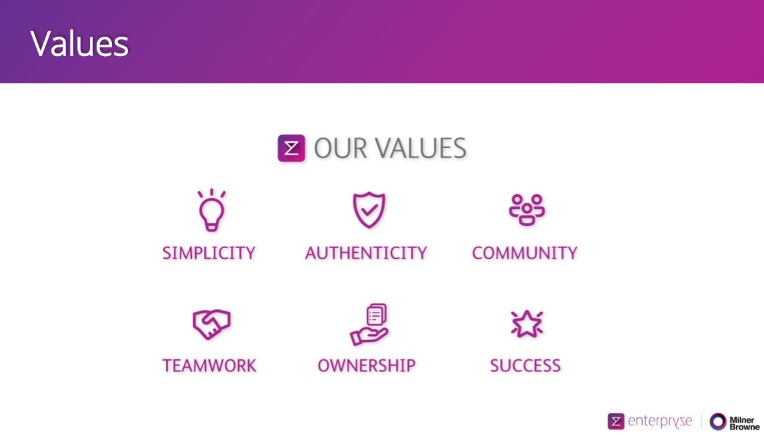“We don’t want to be the outlier that proves the rule, we want to be a new set of rules leading the way to a much more open and diverse tech ecosystem,” Whittaker said, “that isn’t reliant on like five companies and 15 guys and a paradigm that is very, very stale and ultimately not healthy for the world and the future.”
It costs around $50 million per year to run Signal and Whittaker noted at the event that there are no easy answers to finding that type of funding—or more—for projects that need consistent, independent, and secure backing without being subject to the forces of data monetization and surveillance capitalism.
“None of this is simple, friend,” Whittaker said. “There’s a type of capital we need. How do we get it?”
The first Trump presidency in the United States was increasingly hostile to encryption and independent tech, so with a new Trump administration looming and anti-encryption advocates making inroads in governments around the world, what comes next for Signal?
“Signal knows who we are. Signal will continue being Signal,” Whittaker says. “Signal has one thing we do and we do it really well and we do it pretty obsessively, and that is: provide truly private communications infrastructure to everyone, everywhere globally. Full stop. We’re not changing.”










